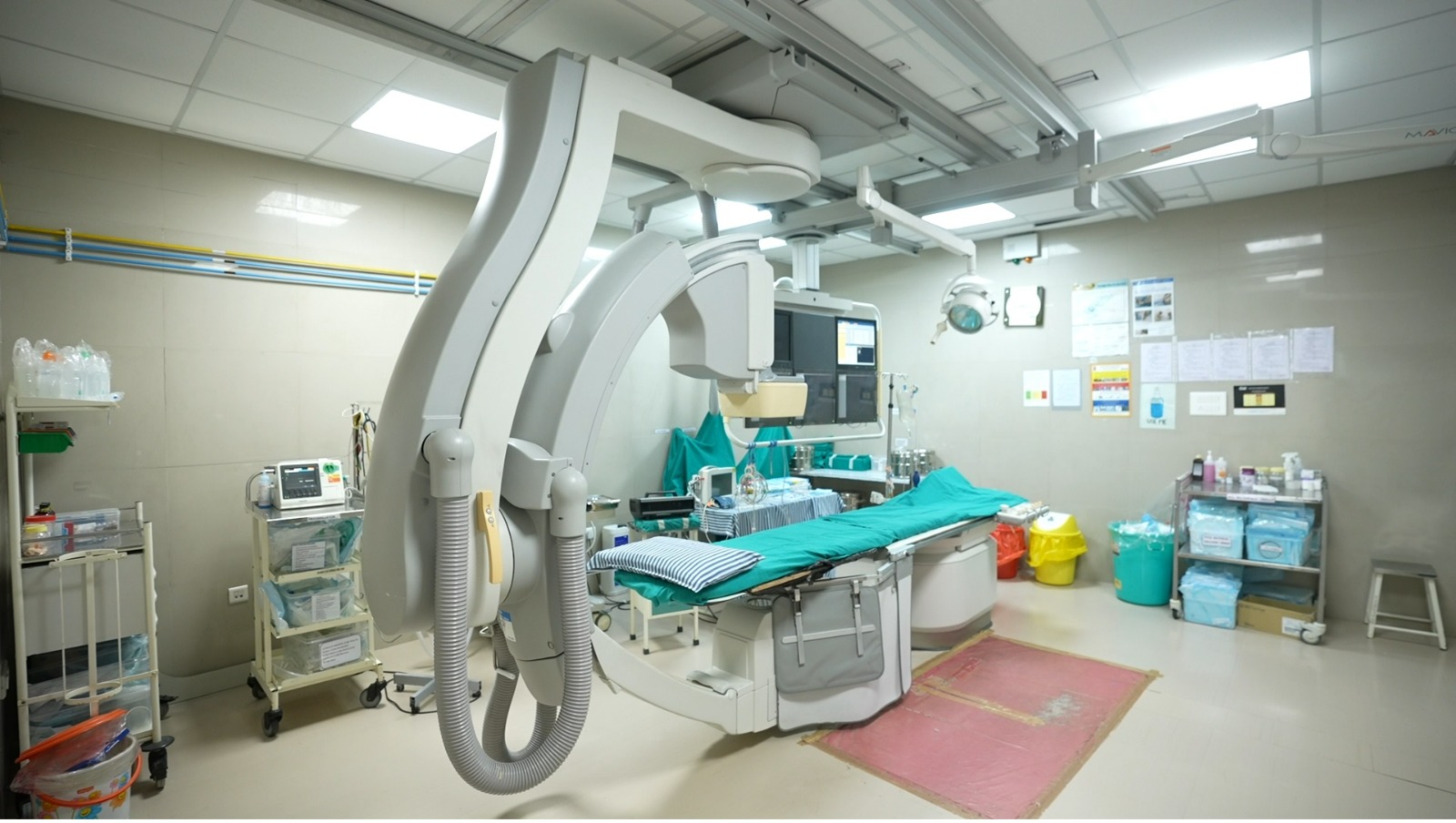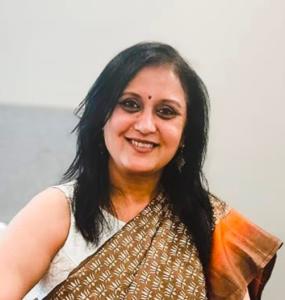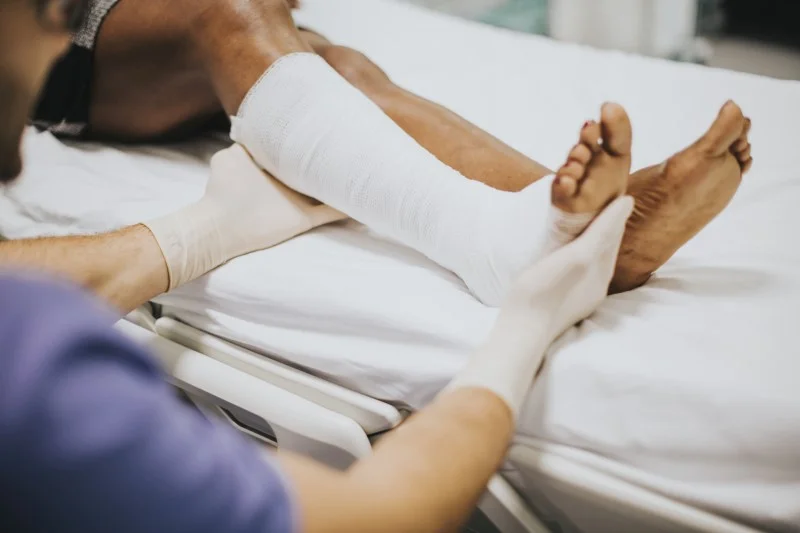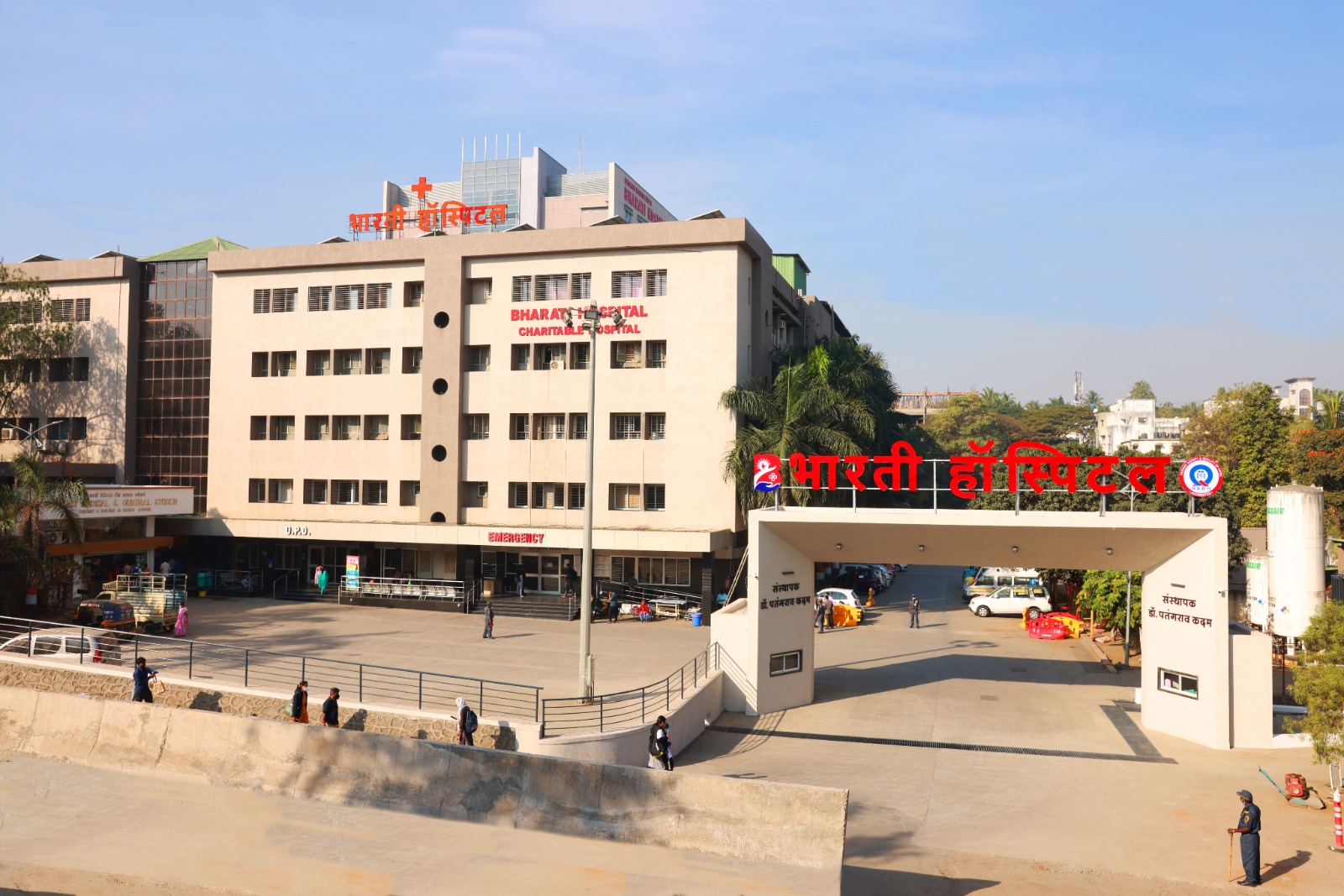We are delighted to announce the success of a groundbreaking bone marrow transplant at Bharati Hospital in Pune. Join us in discovering a story of resilience and medical achievement. Under the guidance of the seasoned consultant hematologist Dr. Madhura Deshpande, our dedicated team successfully treated a 26-year-old patient with high-risk blood malignancy. Despite obstacles, the patient’s unwavering attitude and the community’s support transformed this medical journey into a celebration of victory and hope. Witness the remarkable results of revolutionary medical care at Bharati Hospital, but first, let’s understand Bone Marrow Transplant.
What is a Bone Marrow Transplant
Replacing sick or damaged bone marrow with healthy stem cells is a medical treatment known as a bone marrow transplant (BMT). For the production of red blood cells, white blood cells, and platelets, the bone marrow – found inside the bones’ cavities is essential. An organ transplant may be required if diseases like leukemia, lymphoma, or specific genetic disorders impair bone marrow function.
High-dose chemotherapy or radiation therapy is usually given at the start of the procedure to eradicate any remaining bone marrow, including both healthy and sick cells. Then, either autologous (taken from the patient) or allogeneic (taken from a donor) healthy stem cells are pumped into the circulation. These stem cells move into the bone marrow where they start the process of making fresh, healthy red blood cells.
The benefit of allogeneic transplants is the introduction of donor immune cells, which may aid in the fight against cancer cells that remain. Nevertheless, it also carries the risk of graft-versus-host disease, in which the recipient’s tissues are attacked by the immune cells of the donor.
Bone marrow transplants are critical for treating hematological diseases, offering sustained remission and increased quality of life. Through chemotherapy or radiation, damaged marrow is replaced with healthy stem cells. Patients are given either their own stem cells (autologous) or those from a donor (allogeneic). Allogeneic transplants use donor immune cells to target leftover cancer cells, but they pose the danger of graft-versus-host disease.
Success is dependent on thorough donor matching, complication treatment, and post-transplant monitoring. This treatment option gives those with leukemia, lymphoma, or genetic abnormalities hope for a longer remission and improved quality of life.
Unveiling Bone Marrow Transplant Excellence at Bharati Hospital, Pune
A Bone Marrow Transplant that saved the life of a resilient 26-year-old patient battling high-risk blood cancer (leukemia)
Bharati Hospital proudly announces a monumental achievement! Dr Madhura Deshpande, MD (Gen. Med) Dr NB (Clinical Hematology) Consultant Hematologist and Bone Marrow Transplant physician at Bharati Hospital led a remarkable team in successfully performing a Bone Marrow Transplant that saved the life of a resilient 26-year-old patient battling high-risk blood cancer (leukemia).
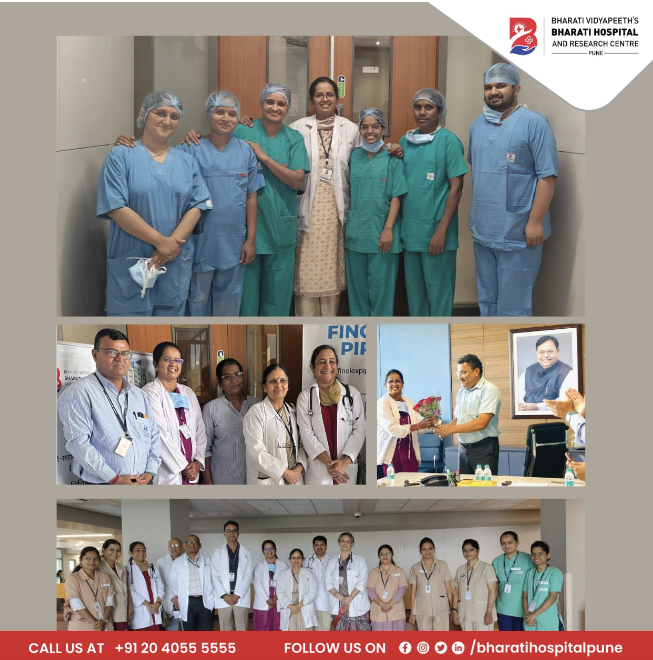
Facing the dual challenge of relapse and acute hepatitis B, Mr. AS opted for a Bone Marrow Transplant—a definitive cure with its own set of complexities. The journey wasn’t easy, demanding substantial funds for chemotherapy, procedures, hospitalization, and transfusions.
But here’s the incredible part: With unwavering community support and exceptional teamwork, Bharati Hospital turned adversity into a triumph! Together, we can overcome any obstacle.
“Join us in celebrating this extraordinary milestone of hope, resilience, and medical breakthroughs! “


